
In this blog post, our second year undergraduate student Fahmin shares five skills she has developed since joining the Department of Materials, Imperial College London.
For me, Materials Science is an exciting field that combines discovery, creativity and innovation. Since joining Imperial, I’ve come to appreciate just how impactful materials science can be. It’s more than just understanding how things work it’s about exploring why materials behave the way they do and how they can be enhanced to solve real-world problems. Whether it’s improving materials for electric vehicles or developing sustainable solutions, materials science plays a key role in shaping the future.
I’m currently in my second year studying Materials Science and Engineering at Imperial College London and I feel I’ve gained key skills to push boundaries and think about science for the future. Here are five key skills I’ve gained:
Solving problems like a pro
Materials science often feels like solving intricate puzzles. So far, I’ve learned how to break down complex challenges, analyse them, and find innovative solutions For example, in the materials selection module, I’ve learnt how to evaluate different properties to identify the most suitable material for a given application. This process has taught me to think critically and creatively, giving me confidence in tackling challenges across both my academic and personal life.
Hands-on experience in labs
One of the highlights of studying materials science at Imperial is the practical, hands-on experience. Through labs, I’ve worked with advanced tools such as tensile testing and have performed mechanical tests such as four-point bending to explore the strength of materials under stress. These experiments bridge the gap between theory and practice, showing us how materials behave under real-world conditions.
Mastering data and visualisation
Data plays a critical role in materials science, and the undergraduate course has helped me develop strong analytical skills. I have used Excel to interpret results from techniques like XRD, EDX, and X-ray photoelectron spectroscopy (XPS). Visualising and analysing data has helped me understand materials’ structure, composition, and surface chemistry. Turning raw data into meaningful insights has been one of the most rewarding aspects of my studies.
Communicating with confidence
Understanding complex material is one thing but explaining it to others is equally important. We’ve worked on interdisciplinary projects, such as our end-of-year design study project at the end of the first year, where I worked with a team of 12 students to design a machine that compresses powders and measures hardness values.
This project combined CAD software, coding and Arduino programming to bring the design to life, which encouraged us to have an effective line of communication in the team. This helped us to ensure we were working efficiently, and that any issues could be addressed quickly and with confidence.
Becoming resilient
Our projects don’t always work on the first try! While working on our end-of-year design study project, we experimented with multiple approaches and tackled various challenges before arriving at our final design.
At the end of the project, we had to present our final work to two CEOs, our teaching faculty, and the entire cohort. Although this initially felt daunting, the communication and resilience skills that I developed throughout the year-long project gave me the confidence to share our ideas and my contributions to the team.
Overall I’ve found that studying Materials Science at Imperial is not just about understanding metals or ceramics; it’s about developing skills that prepare you to tackle challenges, communicate effectively, and make a meaningful impact on the world.

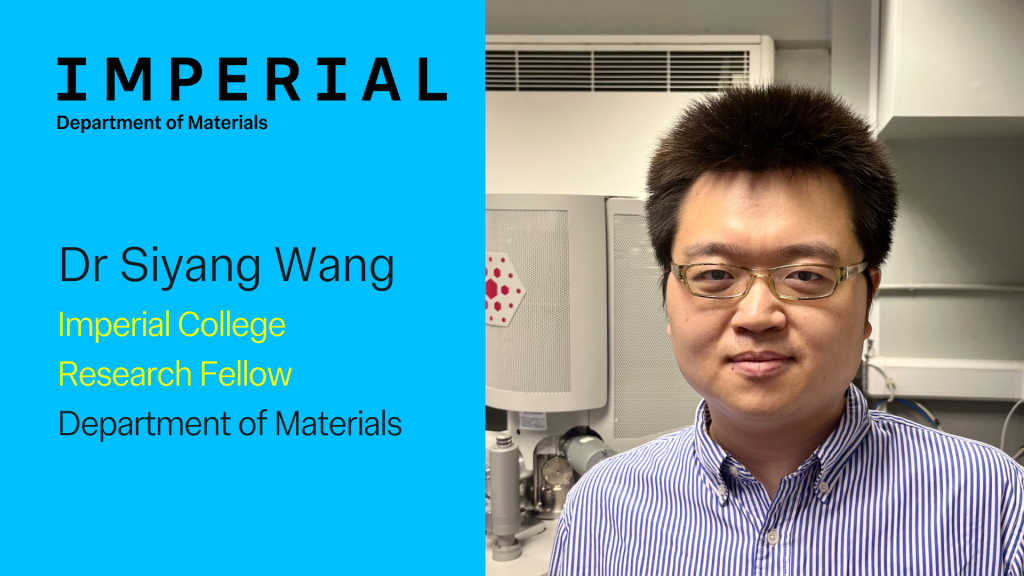


 3. Believe in yourself
3. Believe in yourself
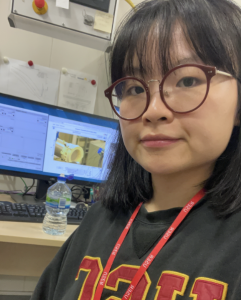
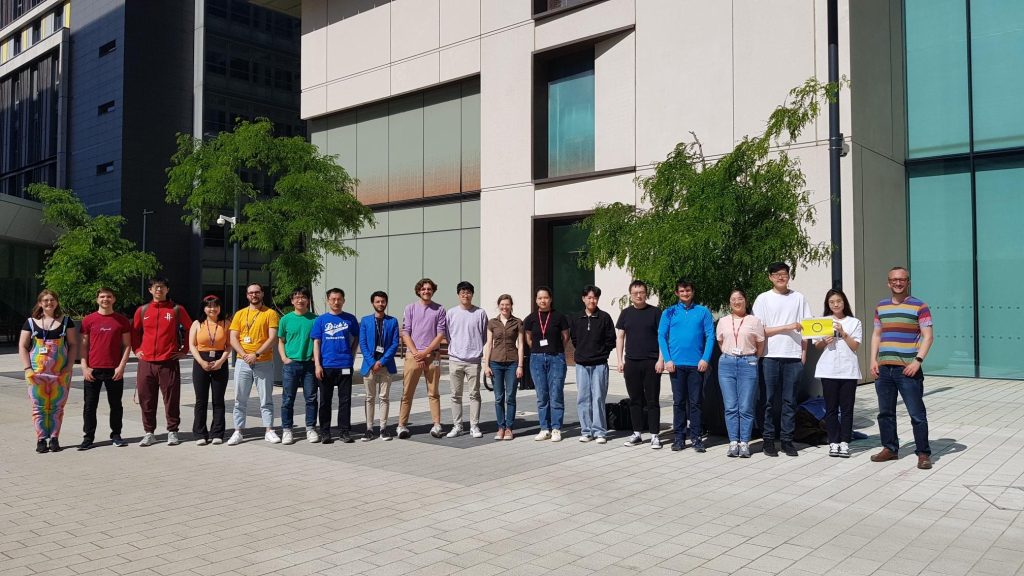


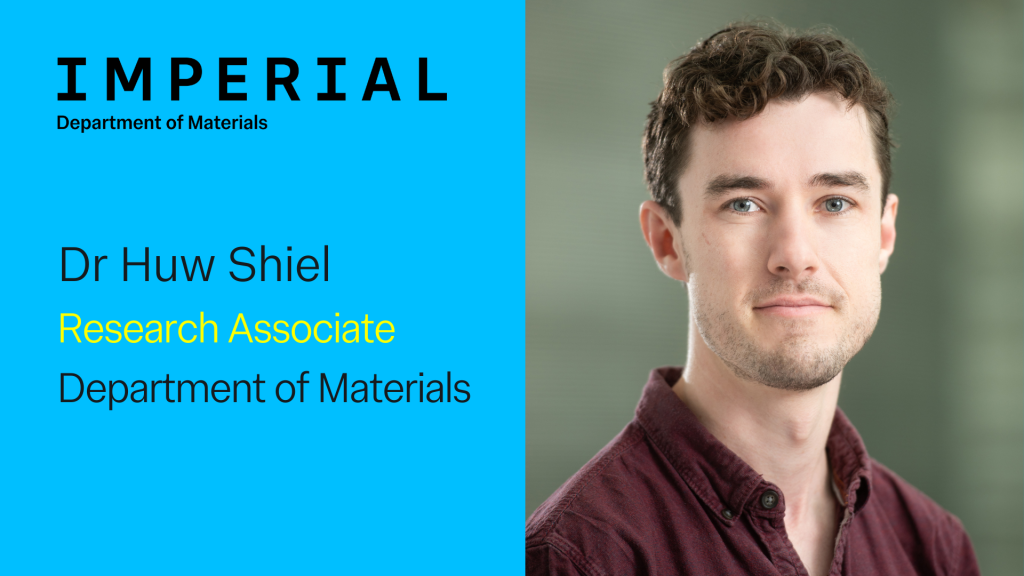
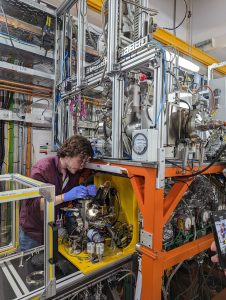 Batteries and other energy storage solutions are critically important right now because, while solar and wind power are becoming very economically viable, they only provide intermittent power, and batteries are needed to level out this supply. The current lithium battery technologies use very unsustainable materials and the best alternatives just don’t have the same performance or lifetime. If we can understand how they degrade, then we can find ways to improve them.
Batteries and other energy storage solutions are critically important right now because, while solar and wind power are becoming very economically viable, they only provide intermittent power, and batteries are needed to level out this supply. The current lithium battery technologies use very unsustainable materials and the best alternatives just don’t have the same performance or lifetime. If we can understand how they degrade, then we can find ways to improve them.
 I have always been interested in the energy sector and completed research placements during my bachelor’s and master’s on organic batteries and solar cells. During the last year of my master’s, I became more interested in the materials science of the active layers in the devices than in the device fabrication, which had been my main interest until then. It fascinated me how you can shape the device, but it felt a bit like skipping a step not knowing well how the materials in it are oriented and interact. Deciding what the right use for a material depends on its structural and functional properties feels more natural to me and can lead us to targeted and informed device fabrication, so that is how I got into characterisation.
I have always been interested in the energy sector and completed research placements during my bachelor’s and master’s on organic batteries and solar cells. During the last year of my master’s, I became more interested in the materials science of the active layers in the devices than in the device fabrication, which had been my main interest until then. It fascinated me how you can shape the device, but it felt a bit like skipping a step not knowing well how the materials in it are oriented and interact. Deciding what the right use for a material depends on its structural and functional properties feels more natural to me and can lead us to targeted and informed device fabrication, so that is how I got into characterisation.